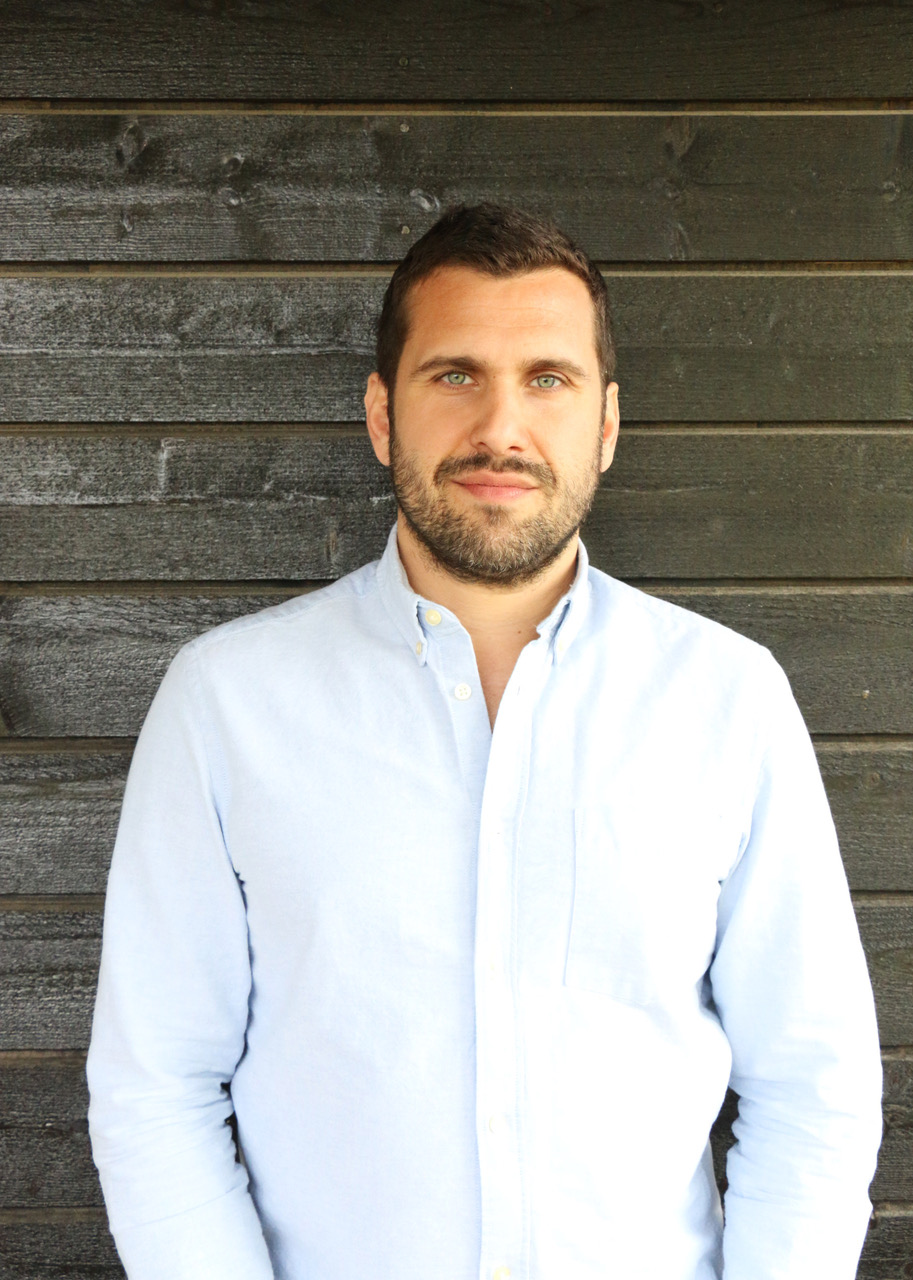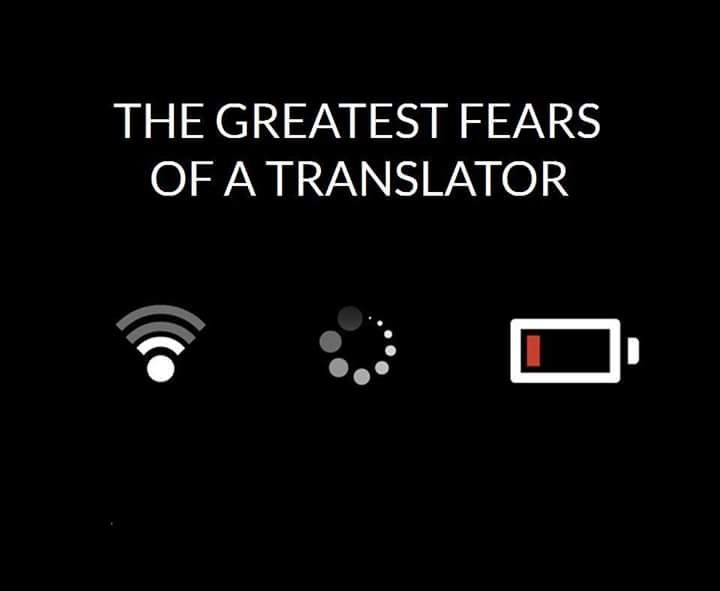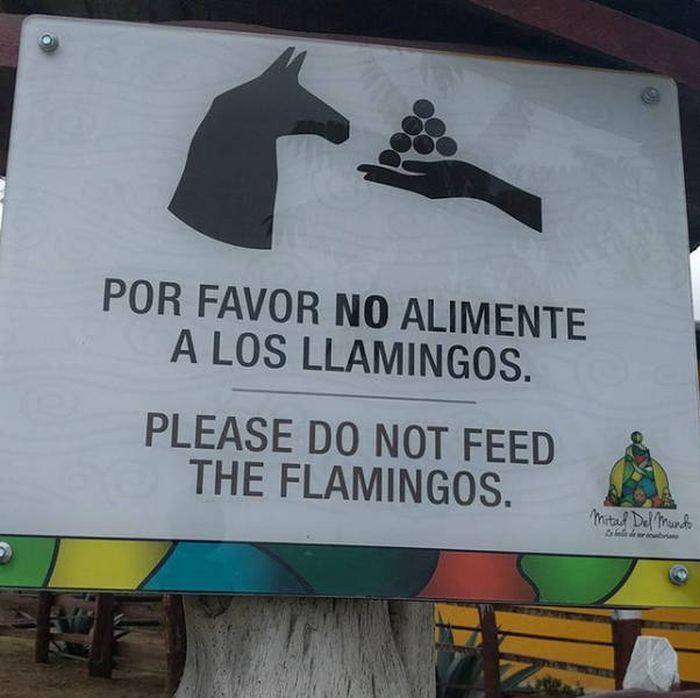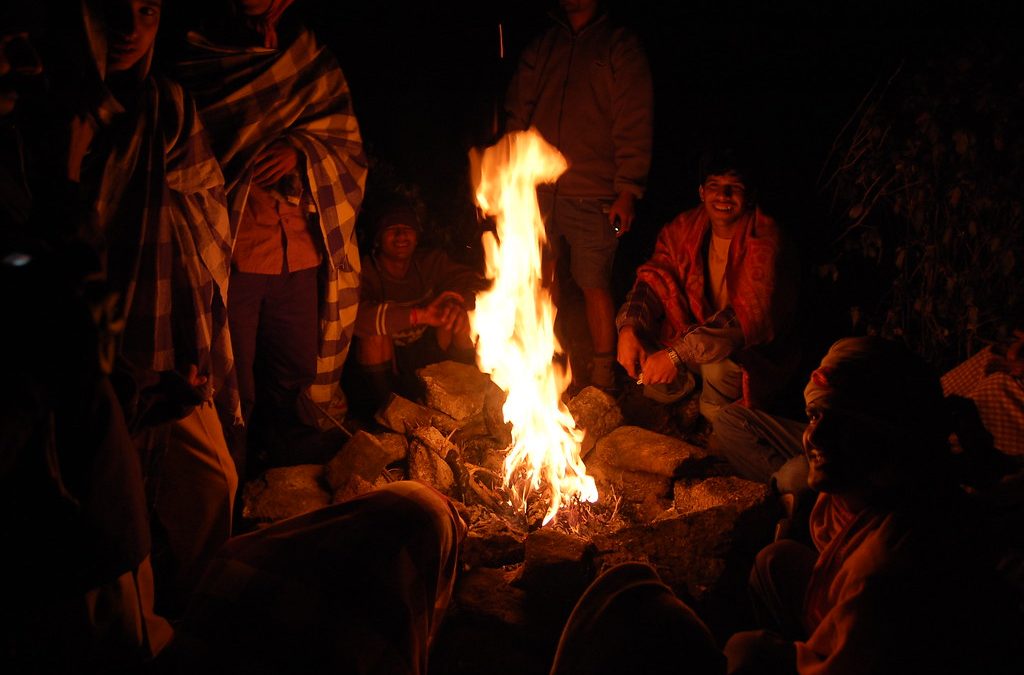It is that time of the year again. Time for the next environmental physiotherapy roundtable, but with a twist. In its third iteration, we are pleased to invite you to the first-ever multilingual Environmental Physiotherapy Community Roundtable!
Having grown to over 600 members over the first two years of our existence, and over 2000 followers on our different social media channels, we thought it was time to mix it up again and do something different for this year’s roundtable. With members from countries all across the world, speaking all sorts of different languages and thinking about and working on different aspects of environmental physiotherapy, we thought we should meet and get to know each other better, to share our thoughts, interests and hopes for environmentally aware and responsible physiotherapy with each other, and do so while trying to foster diversity and having a bit of fun with it all.
Why run a multilingual community roundtable?
In the blog posts we published over the last two weeks here and here, Dr Shaun Cleaver, Dr Anne Hudon, and Mélodie St-Georges have been sharing some of their thoughts on the importance of linguistic diversity in the context of today’s social and environmental issues. If you haven’t read them yet, I highly recommend you do. If you don’t speak French yourself, deepl translator will do a fair job of helping you understand what was written (I’ve used it myself, so I can confirm this from personal experience). I won’t be able to summarize all of what they have written perfectly here, but let me make a crude attempt in my own words:

Filip Maric (PhD)
A/Prof, EPA Founder & Executive Chair
Filip Maric is an Associate Professor in physiotherapy at UiT The Arctic University of Norway. He is interested in the outer rims of healthcare and physiotherapy, philosophy, #EnviroPT, planetary health, environmental humanities and sea kayaking.
Diverse knowledges are stored, communicated and passed on through different languages, including knowledge about society, culture, health and also ecology. Indigenous peoples, their languages and the knowledges transported through them are a case in point in this regard. Ongoing colonial violence against indigenous people and the lands they inhabit has also included the prohibition of their cultural practices and languages. This oppression of linguistic diversity also risks the eradication of highly specific and specialized eco-regional knowledge and terminology for which there are no equivalents or replacements in other languages. As just one of many examples, in Sámi, the number of words for snow, ice, freezing and melting easily amount to one thousand lexemes. Critically, these kinds of terms are essential for traditional livelihoods like reindeer herding, but through that, also the preservation of ecosystems and species with and in which such activities take place.

Photo by Jaanus Jagomägi on Unsplash
If you put together the violent history of colonialism and the diverse and deeply ecological nature of indigenous languages, it is not a coincidence that indigenous people comprise less than 5% of the global population today, yet protect 80% of global biodiversity. As Cleaver, Hudon & St-Georges described in their blog posts, linguistic diversity is reduced through the ongoing privileging of dominant languages, of a linguistic monoculture if you will. So to counteract this historical trend also perpetuated in the global physiotherapy profession, it seems to us that one of the hallmarks of environmentally aware and responsible physiotherapy must be that it is thought and talked about in and across many different languages. It is in this spirit that we would like to invite you to the first-ever environmental physiotherapy community roundtable.
Where and when will we meet?
The EPT Community Roundtable will take place on zoom, in the following two sessions to accommodate the many different time zones our members, friends and SoMe followers live in:
The Environmental Physiotherapy Community Roundtable 2021
Monday 29 November 2021 from 20:00-21:30 UTC+1
Tuesday 30 November 2021 at 08:00-09:30 UTC+1
Register here to receive the zoom link:
https://forms.gle/Y2Yd3GXJ24A8bTYc7
How will it work and what do I need to bring?
To enable multilingual communication, we will be using Microsoft Translator, a real-time AI simultaneous translation software. For this to ‘work’, in turn, you will have to bring three things to the session:
1) A genuine desire to meet colleagues from around the world and talk about all things environmental physiotherapy
2) A PC or laptop, fully charged and with a strong and stable internet connection
This is a critical point: Note that you will not be able to participate from your phone or other mobile devices. You absolutely MUST use a PC or laptop for this occasion! This is to have zoom and a separate browser window with MS translator open simultaneously.

3) A good dose of humour, patience and light-heartedness
We have thought about and trialled the use of MS translator for this kind of purpose in lots of ways and we can tell you: it is not without its difficulties and limitations (the type of device and internet connection being required is just the beginning). That being said, what we have found in our trials and failures is that giving it a shot to the best of our ability is actually also incredibly fun, even if and when it feels to kind of go wrong. We have simultaneously pulled our hair out and laughed to tears trying to work this all out. And finally, we concluded that this is just too much fun not to invite you all into it.
We will provide more information about how to use MS translator and the roundtable itself once you have registered, as well as in the opening to the session you participate in but this will do for now.
We look forward to seeing you all very soon at our upcoming Environmental Physiotherapy Roundtable and, in the meantime, please remember not to feed the flamingos!
Filip Maric, Shaun Cleaver and the EPA Executive Committee



Thank you, Filip, for your relentless work and initiative!
Thank you for setting this roundtable up and looking forward to engaging with it.
Your hard work is an inspiration.
Thank you Filip for setting up this round table. Interesting point how we can exclude people through use of the ‘predominant’ languages